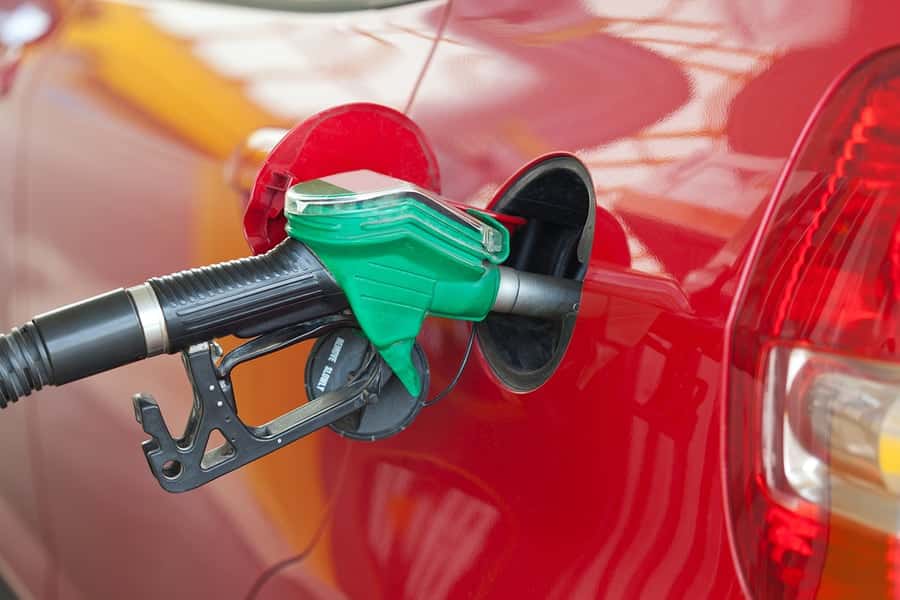
Believe it or not, misfuelling is a whole lot more common than you think. In the UK alone around 150,000 UK motorists find themselves in the awkward situation where they have to admit they have put diesel in the petrol or vice versa.
So what should you do if you find yourself in this difficult position at the pumps, or worse still, out on the road? Fortunately, our handy guide will help you make the very best out of these adverse circumstances.
Table of contents:
- Why is Misfuelling an Issue?
- Before You Turn on Your Engine…
- Or after you have turned on your engine…
- Potential costs
- How to avoid misfuelling
- And finally
Why is Misfuelling an Issue?
Your car is designed to take one kind of fuel. Diesel and petrol might come from the same source, but they are very different materials. Unfortunately petrol nozzles can often easily fit into diesel filler necks, and petrol is significantly more dangerous to diesel engines than vice versa. Often you will be hard pushed to get a diesel fuel gun to fit into a petrol filler.
Diesel engines benefit from the lubricating properties of the fuel. When you run a diesel engine on petrol it is like running a normal car without oil. And all that unchecked friction can cause overheating and fatigue of parts. What’s more the breakdown of metal in the system can get into the fuel system, the pump, lines and injectors.
If metal fragments become lodged in the injectors then this can stop the parts from working altogether, preventing fuel from getting into the engine’s system and causing it to cease running. Common rail or HDi diesel engines can be severely damaged if you use the wrong fuel and you may have to replace the entire fuel system or the entire engine as a result.
On the other hand, putting diesel in a petrol engine is not so severe. As diesel must be compressed to ignite, as opposed to petrol which is ignited by a spark generated by the spark plugs. So when you put diesel in a petrol engine, it simply clogs up the plugs and fuel system and the car won’t even start.
Before You Turn on Your Engine…
Spot your misfuelling mistake before you turn on the engine and you are one of the lucky ones. You simply need to contact an expert to flush all the fuel from the tank and you’ll escape free from damage.
Do not turn the engine on under any circumstances, unless you want to deal with some major work as detailed in the previous section. Your first port of call should be the garage staff who are trained in dealing with misfuelling incidents and then you’ll need to push your car to a safe space on the forecourt.
Breakdown cover should help with these incidents and your organisation may be able to fix your problem at the station rather than having it towed to a garage. It is also advisable to tell your insurance company about what’s happened to the vehicle.
Some of the larger organisations such as the RAC and the AA can drain the tank at the roadside, although if you have a diesel car, you’ll need to refill the tank and prime the system after it’s been drained.
Or after you have turned on your engine…
If you suddenly realise when pulling away from the garage or on the open road that you have misfuelled your only option is to pull over at your first opportunity and call the recovery services. If you act quickly enough there may be a chance that you have not sustained any serious damage and your car can be flushed with a cleaning agent.
However if your car has come to a spluttering halt or you have noticed some harsh noises coming from the engine then the chances are that you’re in more serious trouble. Now the fuel is deep in your engine and it could be causing some of the problems associated with system failure.
Potential costs
If you manage to spot your mistake before you start your engine you are looking at a potential cost that could run into hundreds of pounds. Unfortunately if you have started your car and the fuel has caused damage, then this could cost thousands to resolve and could even mean you have to write the vehicle off if the cost of the repair is considered uneconomic.
How to avoid misfuelling
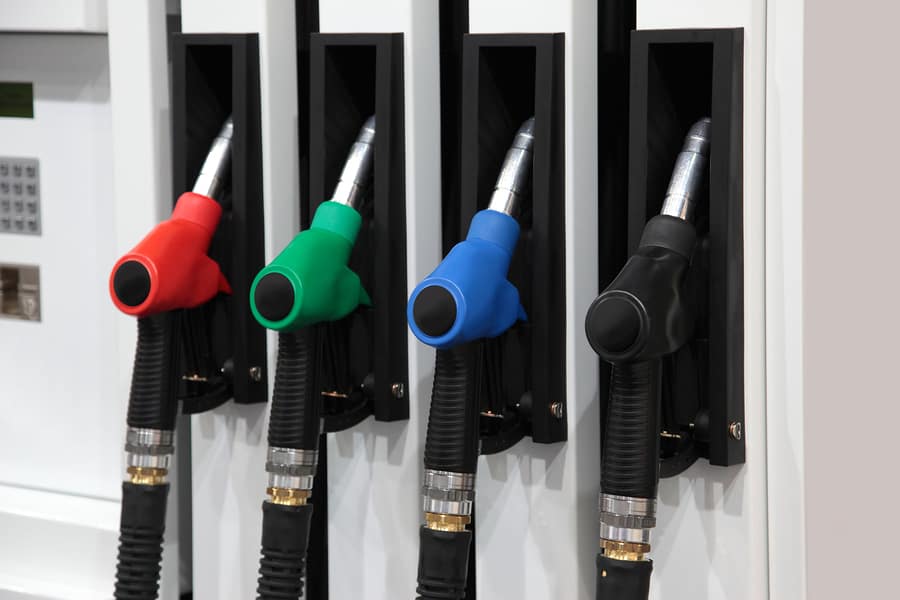
The best way to avoid misfuelling is to always check at the pump to ensure you fill the car with the right fuel. It sounds easy, but this common mistake can happen when you’re not thinking or simply grab the wrong pump.
Some ways to ensure you don’t slip up at the pump include:
- Put a sticker on the filler cover stating what kind of fuel you need to use for your car.
- Make sure you get in the habit of reading the pump and checking the fuel gun’s colour before you start pumping into the tank.
- If you get a new car, make sure you leave some kind of reminder or prompt in the car so that you go for the right fuel type. This can be as simple as a sticker on the dash or a paper holder key fob with the fuel type written on it.
- When you arrive at the garage get rid of all distractions. Turn off the radio and all music. Put the phone down and give your full attention to the task of refuelling.
- Don’t refuel when you’re tired, hungry or stressed out – the more distractions on your mind, the more likely you are to make a mistake.
- If you drive a diesel you can purchase a small device that blocks petrol guns from fitting in the filler neck for no more than £30, which could save you some big money in the future.
And finally
It isn’t always bad news as many modern engines can deal with small amounts of contaminants including incorrect fuel. If you have only put half a litre or so of petrol in your diesel tank there’s a good chance you might get away with it if you dilute it down with the correct fuel.
Motorists and lorry drivers have even added small amounts of petrol to diesel tanks in order to help them start in winter, so you may be able to get away with diluting down the incorrect fuel with a high lubricity diesel fuel.

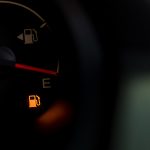
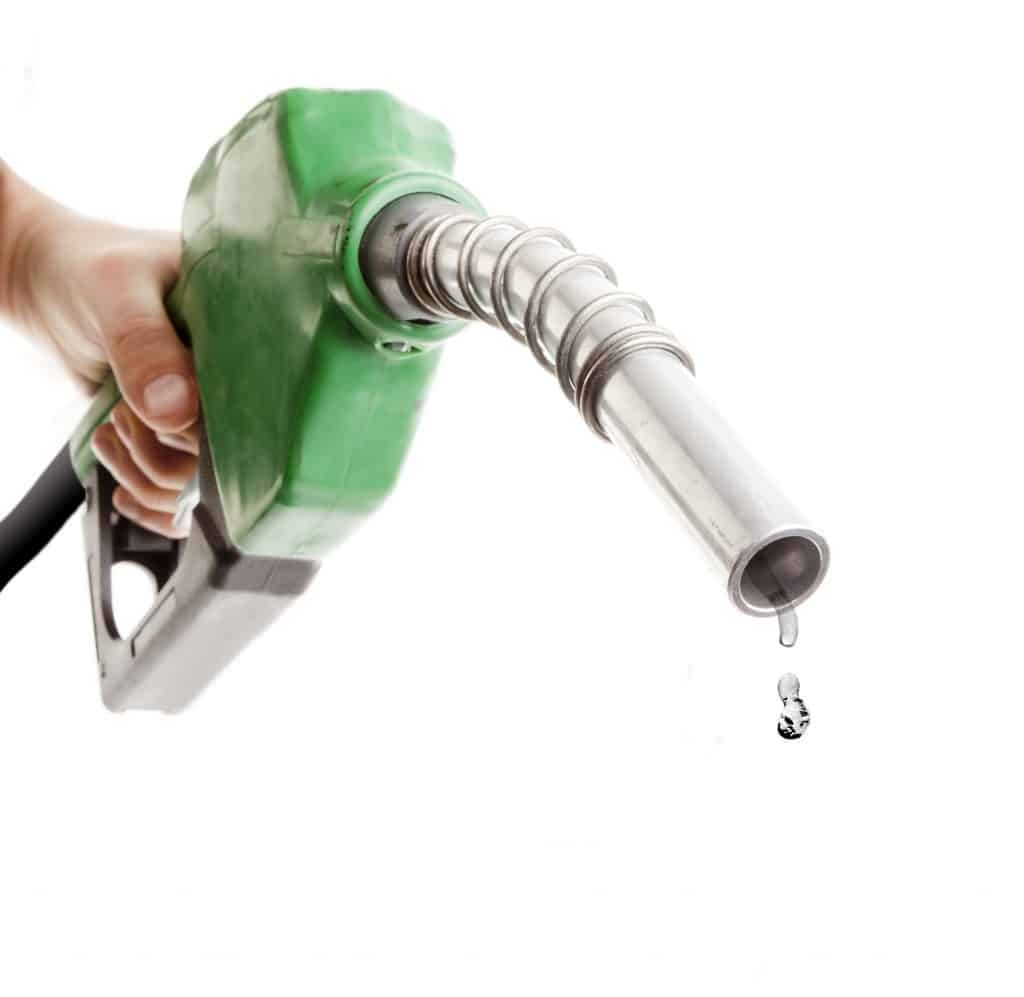
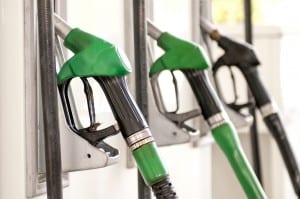


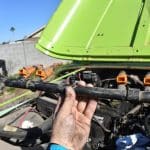
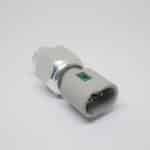
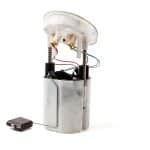
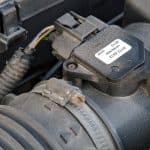
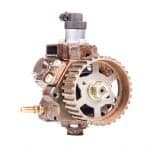

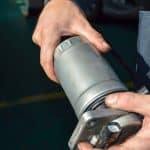
.png)